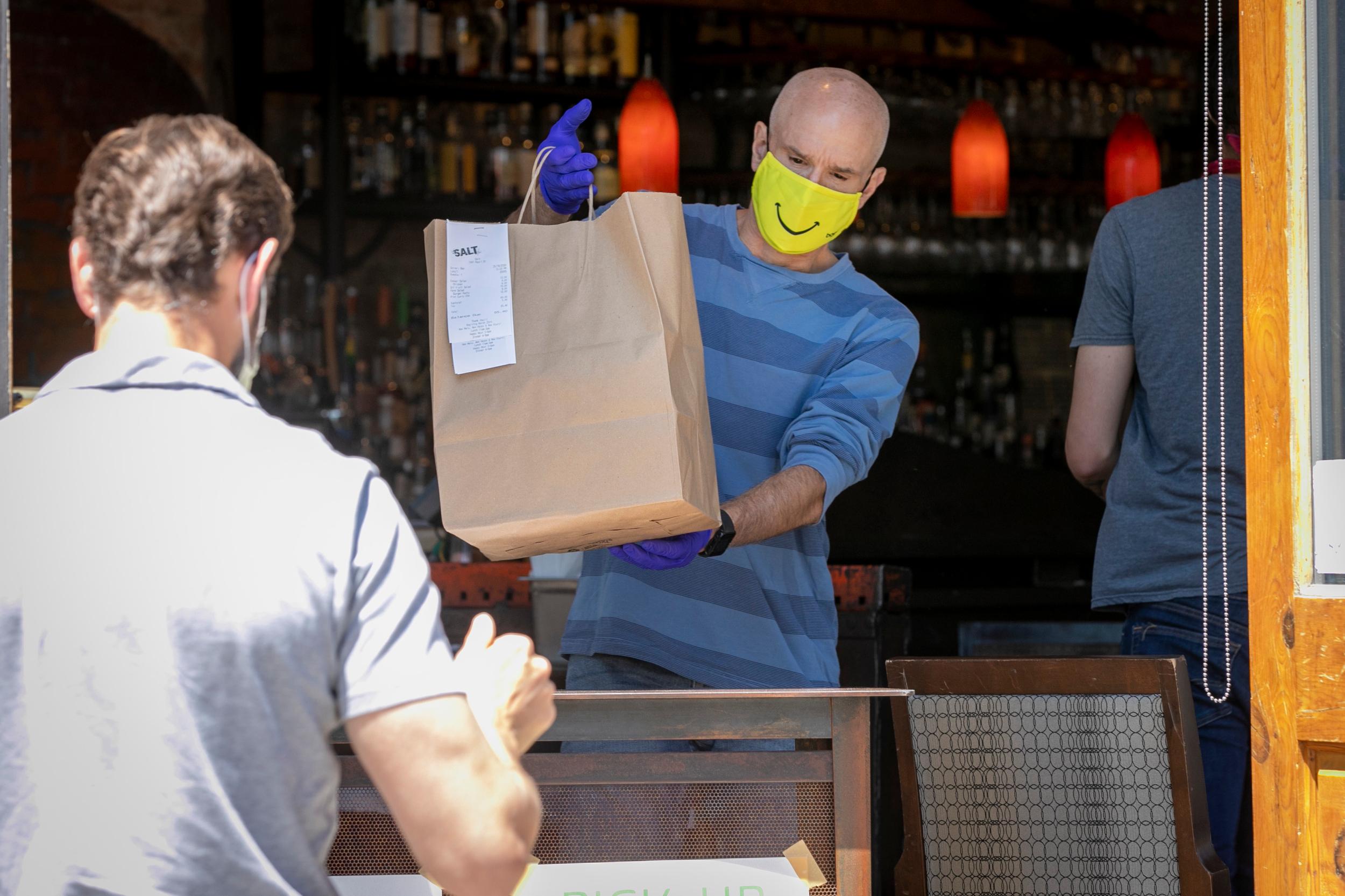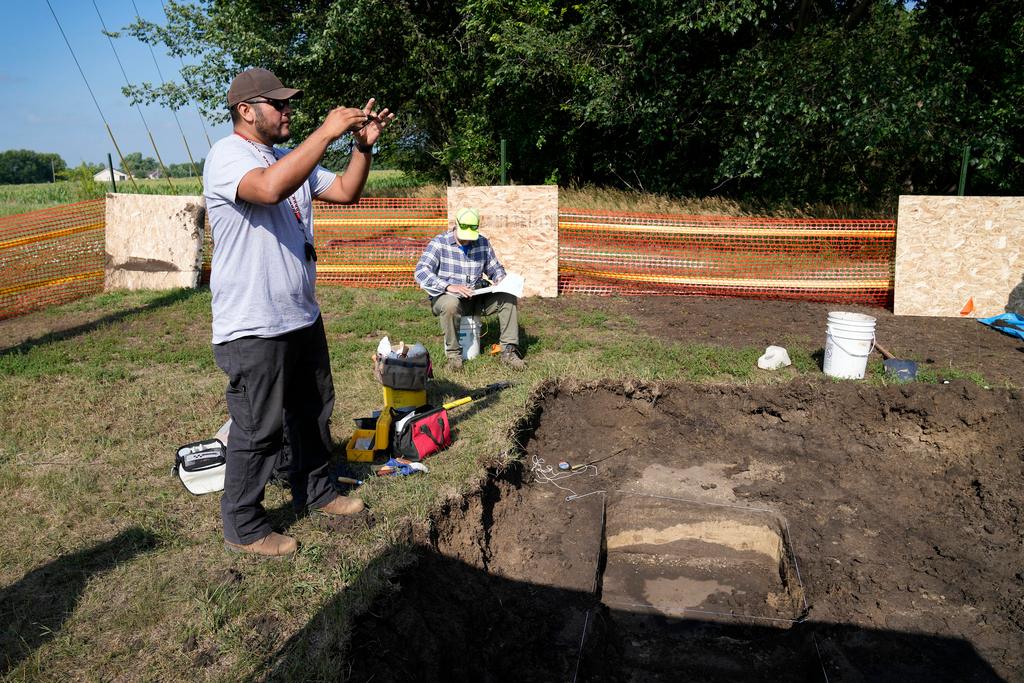
Editor's note: This bill was signed into law on December 7, 2020. Our original story continues below.
Cities and counties in Colorado would temporarily gain new power over food-delivery services under a bill offered during the state legislature’s special session.
Platforms like UberEats, DoorDash, Postmates and Grubhub offer diners an easy way to order food from various restaurants. But eatery operators complain that the services sometimes charge exorbitant fees that make it hard to balance their books.
“There have been limitations on in-person dining, so business models have had to change on the fly, and really have made restaurants much more dependent upon third-party (delivery) companies,” said Rep. Shannon Bird, the Democrat sponsoring the bill.
In some cases, restaurants are paying fees so high that it wipes out their margins, she said. The fees can total 35 percent of an order, but even a 20 percent fee can result in a loss for the restaurant, said Nick Hoover, manager of government affairs for the Colorado Restaurant Association.
Restaurants pay the fees in order to get on the platform and compete for customers.
If the state bill passes, it would give local leaders the power to pass their own laws about the services. For example, a city council might decide to limit the fees that an app can charge to restaurants within the city.
Several local governments are already doing that. The city of Denver recently passed a law that temporarily says fees can’t exceed 15 percent of a customer’s bill. Broomfield passed a similar law, as have cities around the country. Washington state also recently capped fees.
But most local governments in Colorado can't pass similar laws yet. Since they don't have "home rule" status, they must wait for state lawmakers to give them the power.
The state bill also would allow cities and counties to:
- Require the disclosure of fees to customers
- Ban platforms from including a restaurant without the operator’s permission
The proposal would only be in effect while there’s a public health emergency, but it could open the door for lawmakers to consider a more permanent policy change in the regular session.
“This bill’s going to help a lot of restaurants,” Hoover said.
In the earlier debate in Denver, industry representatives argued that limits on fees could undermine their main revenue source. Bird said that the delivery platforms gave input on the state bill.
After Denver passed its law, DoorDash instead began charging a fee to local customers. That means diners bear some of the cost of delivery while more money goes to the restaurant.
Rep. Shane Sandridge, a Republican, criticized the idea as market manipulation. “I just have a problem with price fixing,” he said, adding that it “has a history of not working.”
The bill is part of the special legislative session, which is mostly focused on larger spending items to support people and businesses through the pandemic this winter, including about $150 million of support tailored for restaurants.
Republicans also put forward several bills of their own on the first day of the session, which Democrats roundly rejected. Two GOP proposals would have given the state legislature more authority over future public health emergencies.
“Is there some compromise that they would embrace for adjusting how the state of Colorado deals with statewide disaster emergencies?” said Senate Minority Leader Chris Holbert last week. “The business regulation is so inconsistent. Those kinds of questions come up … and yet we (lawmakers) have had zero input. We haven’t made any of those rules.”
The special session is set to continue through at least Wednesday.









